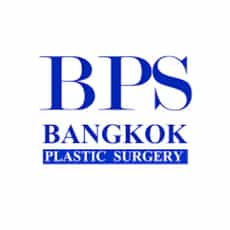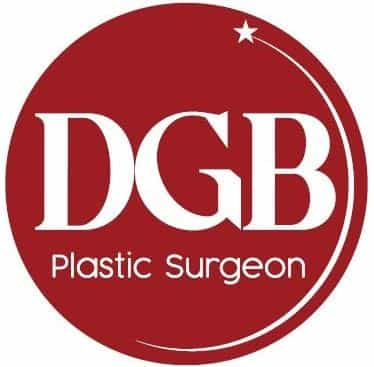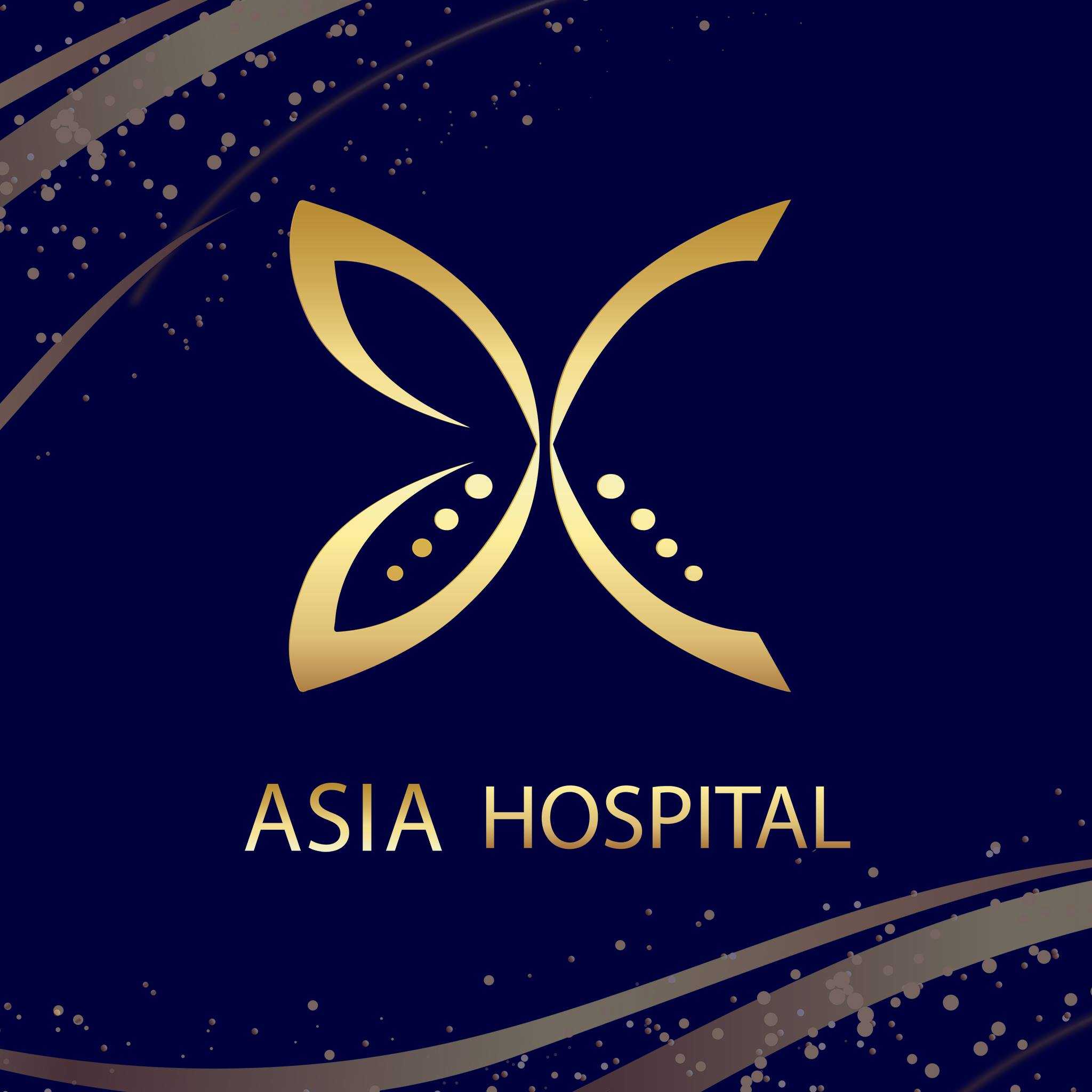Why Thailand is Popular for Plastic Surgery
The idea of enhancing your appearance through plastic surgery is an exciting prospect, and for decades, Thailand has stood out as a global capital for medical tourism. Known as the "Land of Smiles," it's also a land of incredible value and quality when it comes to cosmetic procedures. The allure of plastic surgery in Thailand is undeniable: internationally accredited hospitals, American and European-trained surgeons, and prices that can be up to 70% lower than what you’d pay at home. It’s a unique opportunity to receive top-tier medical care while recovering in a beautiful, tropical paradise.
But planning a surgical trip to a foreign country requires careful consideration. You're likely asking critical questions like, "Is it truly safe?", "How do I find a reputable surgeon?", and "What are the real, all-in costs?".
This guide is designed to be your definitive resource, answering all the pressing questions you've been searching for. We’ll explore everything from the most popular procedures and the qualifications of Thai surgeons to the logistics of your trip and what to expect during your recovery. Our goal is to provide you with the confidence and clarity needed to make an informed decision, ensuring your cosmetic surgery journey in Thailand is a resounding success.
How Much Does Plastic Surgery Cost in Thailand?
The primary driver for Thailand's popularity in medical tourism is its affordability. This cost advantage is due to the country's lower cost of living and operational expenses, not a lower standard of care. You receive the same high-quality implants, materials, and medical technology as you would in a top hospital in your home country.
Many hospitals offer comprehensive packages for international patients, which often include the surgeon’s fees, hospital stay, anesthesia, medications, and airport transfers. This transparency makes budgeting for your trip much easier. However, always confirm exactly what is included in your quote. For example, initial consultations, pre-operative tests, and post-operative garments might be separate charges.
Is it Safe to Get Plastic Surgery in Thailand?
Thailand was the first country in Asia to achieve Joint Commission International (JCI) accreditation, which is considered the gold standard in global health care. Today, it has dozens of JCI-accredited hospitals. This accreditation means the hospital is committed to the highest level of patient safety and quality of care. These hospitals are equipped with cutting-edge technology and follow strict infection control protocols.
The key to a safe experience is choosing the right facility. Avoid small, independent clinics that may not have the same level of oversight or emergency resources as a major hospital. By selecting a large, accredited hospital, you are ensuring your procedure is performed in an environment with the highest safety standards.
How Do I Find the Best Plastic Surgeon in Thailand?
The quality of your surgeon is the most important factor in achieving beautiful, natural-looking results. Many of the best plastic surgeons in Thailand have trained internationally in countries like the US, UK, or Australia and are members of international societies like ISAPS. When researching a surgeon, look for:
- Board Certification: This is the most crucial qualification. It ensures the surgeon has completed the required rigorous training in plastic and reconstructive surgery.
- Experience: Look for a surgeon who specializes in the procedure you want. A surgeon who performs hundreds of rhinoplasties a year will have more refined skills than a generalist.
- Aesthetic Style: Review their gallery of work. Does their aesthetic match your goals? Look for consistent, natural-looking results on patients with similar features to yours.
- Communication: Your surgeon should be fluent in English and take the time to listen to your goals and answer your questions thoroughly during a virtual consultation.
What are the Most Popular Plastic Surgery Procedures in Thailand?
Thai surgeons are known for their meticulous attention to detail and artistic approach, which yields exceptionally natural results. This has made the country a hub for a wide range of procedures.
| Procedure | Average Cost (USD) | Why It's Popular in Thailand |
|---|---|---|
| Breast Augmentation | $3,500 - $5,500 | Excellent value with top implant brands. |
| Rhinoplasty | $2,500 - $5,000 | Surgeons are skilled in creating nuanced, harmonious results. |
| Tummy Tuck | $4,000 - $6,000 | Comprehensive procedure with excellent scarring techniques. |
| Facelift | $5,000 - $8,000 | Advanced techniques for natural, long-lasting rejuvenation. |
How Long Should I Plan to Stay in Thailand for Recovery?
Flying too soon after major surgery can increase the risk of complications like blood clots (DVT). Your surgeon will give you a specific recommendation based on your procedure. For less invasive procedures like eyelid surgery, a 7-10 day stay might be sufficient. For more extensive surgeries like a tummy tuck or a mommy makeover, a stay of 14-21 days is often recommended.
Many patients book their stay at hotels that are partnered with the hospital or specialize in accommodating post-operative guests. These hotels offer a comfortable and convenient environment for recovery, often with nursing support available if needed.
What About the Language Barrier?
Thailand's top hospitals have been catering to international patients for decades and have highly developed systems to ensure seamless communication. You will be assigned an English-speaking patient coordinator who will be your point of contact throughout your journey. All your medical consultations and documentation will be in English. While learning a few pleasantries in Thai is always appreciated, it is not necessary for your medical care.
Ready to explore the possibilities of achieving your aesthetic goals in a world-class destination? Visit PlacidWay to connect with leading, board-certified plastic surgeons in Thailand and receive personalized, no-obligation quotes for your procedure.



.png)

.png)












Share this listing